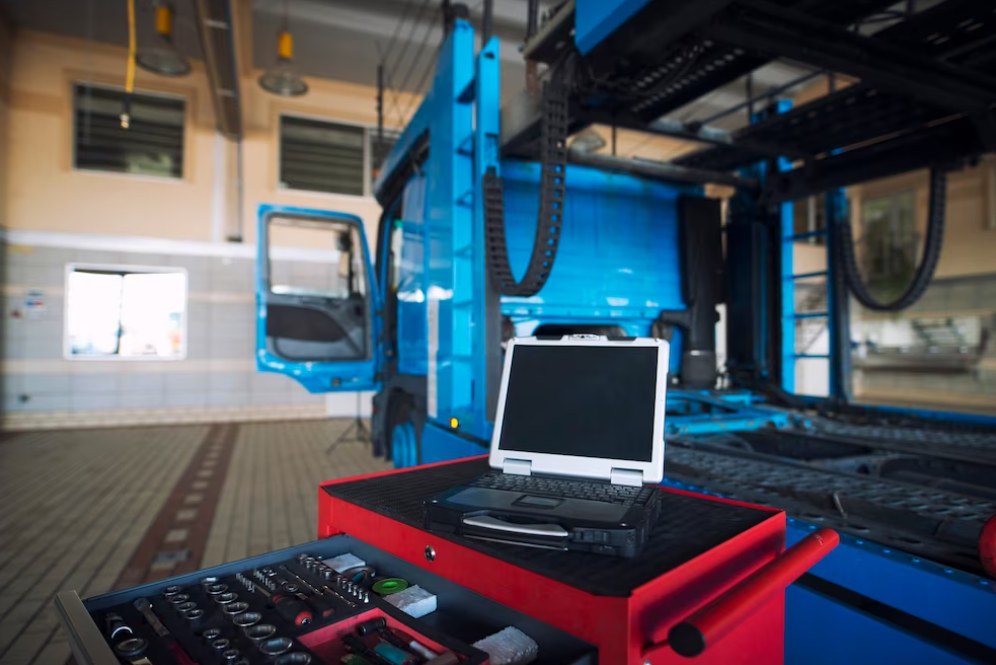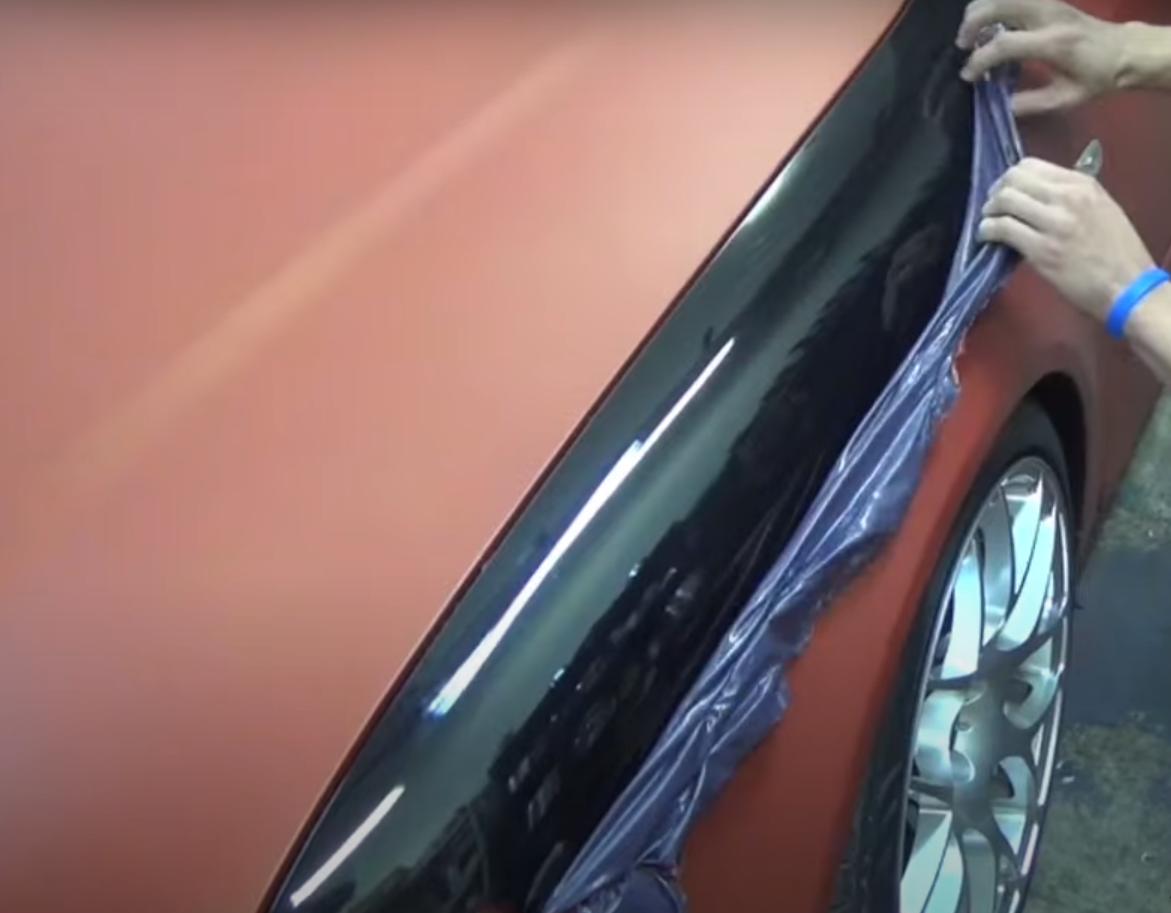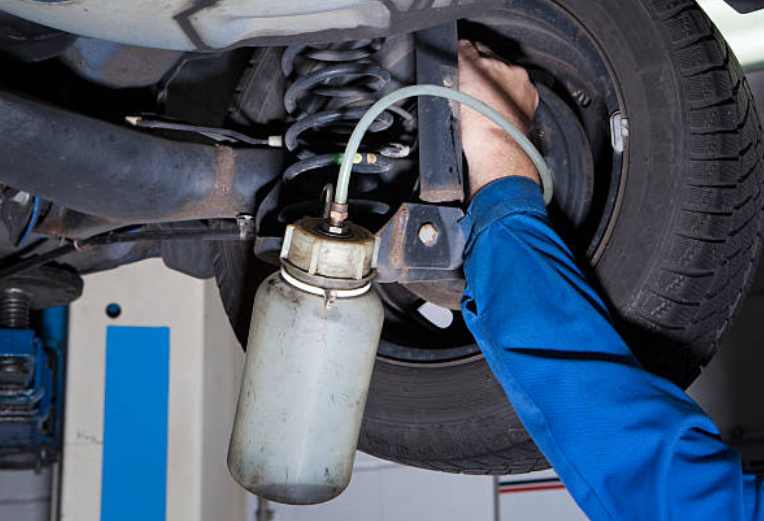How To Get A Title For Your Car?
When you buy a car, you also acquire a crucial document: the car title. It's more than just paper—it's your proof of ownership, detailing vital information about your vehicle. Without it, proving ownership becomes challenging. Understanding how to obtain and manage your car title is essential for protecting your investment.
Obtaining a new car title involves various processes, whether buying outright or financing. Each step demands attention to detail, from providing essential information to understanding the role of lienholders. Types of titles vary significantly, from standard clear titles to specialized designations like salvage or bonded titles, each carrying its own implications for ownership and usage. Keep reading this blog to know exactly "how to get a title for your car.

What Is A Car Title And Why Do You Need To Get It?
When you buy a car, you get more than just a new key for your key ring. A title is a document that comes with every car and is required to be kept for the duration that you own the vehicle. A car title is a single document that includes vital details about your vehicle, like the number of kilometers since it was last sold, any history of significant damage, and, of course, the fact that you are the owner. It attests to the fact that you are the legal owner of your car and that you are eligible for all associated benefits. In the event that you misplace your automobile title or, worse, it is stolen, you will have difficulty establishing your ownership in court.

When preparing to acquire a new vehicle title, refer to our checklist below for the standard items to prepare. Keep in mind that requirements may vary between states and government agencies, so it's advisable to verify beforehand:
- Details of the vehicle, including make, model, and year
- present odometer reading
- Vehicle Identification Number (VIN)
- Information regarding financing, if applicable
- Your valid driver’s license
- Payment method such as cash, debit card, or check for the reissuing fee
There are a myriad of car titles, numbering at least 18 in total. However, as a private-party car owner, you'll likely encounter only a fraction of them.
- Affidavit: A temporary title issued by the state when documentation is incomplete.
- Bonded: An expensive method of proving ownership in cases of unclear ownership, involving a cash bond equal to the vehicle’s value.
- Certificate of Destruction: Issued for vehicles that insurance companies intend to destroy after claim settlements.
- Certificate of Origin: The initial ownership document transferring a vehicle from the manufacturer to the dealer.
- Clear: Indicates a title without any liens attached.
- Electronic: Some states offer electronic titles as an alternative to physical ones.
- Export: Designed for vehicles needing customs clearance in foreign countries.
- Flood and Water Damage: Title designation for severely water-damaged cars.
- Import: The initial title issued in the United States for vehicles not locally manufactured or sold.
- Junk: Issued for vehicles designated for scrapping or parts sale.
- Lemon: Title for vehicles with irreparable mechanical issues.
- Lienholder: Designates the actual owner of the vehicle until full payment, as well as the title held by the borrower.
- Manufacturer’s Statement of Origin: Similar to the Certificate of Origin, establishing initial ownership.
- Odometer Rollback: Indicates tampering with the odometer, hindering accurate mileage tracking.
- Parts Only: Designated for vehicles to be used exclusively for spare parts.
- Rebuilt and Reconstructed: Titles for vehicles reconstructed for road use, often post-collision or damage.
- Salvage: designated by insurance companies for totaled vehicles, allowing continued driving under certain conditions.
Acquiring the title for a new car purchase is typically uncomplicated, as you'll be the initial owner. The process varies depending on your payment method.
Cash Purchase:
For cash transactions, the dealership usually handles your title paperwork, possibly completing it on your behalf, and submits it to the local DMV. Upon completion, the DMV mails you the title certificate. Processing times may differ by locality. If there's a delay, contacting the DMV for updates is advisable. Meanwhile, the dealership typically assists in obtaining temporary registration and tags, ensuring legal driving. Regulations for temporary registrations vary; consulting your local DMV is recommended.
Financed Purchase:
When financing a new car, the title process mirrors that of a cash purchase. However, the title goes to the lienholder (typically the lender), granting them repossession rights if payments are missed. Title transfer occurs once you've fully paid off the vehicle, releasing the lien and establishing exclusive ownership.

When purchasing a used car, obtaining the title may involve additional steps due to the presence of a previous owner. Here's what you should consider:
Buying from a Dealership:
If purchasing from a dealership, the process resembles that outlined earlier, often with dealership assistance in paperwork completion. If financing is involved, the title may initially go to the lienholder until the loan is paid off, after which it transfers to you.
Buying from a Private Seller:
When buying from a private seller, you and the seller must jointly complete the title paperwork, unlike dealership-assisted transactions. This typically involves more effort and coordination. The buyer usually submits a title transfer application to the DMV, along with any required documents, and awaits the new title. Regulations vary by state, so consulting your local DMV beforehand can streamline the process.

Losing or damaging your car title can happen unexpectedly to anyone. Fortunately, obtaining a replacement, also known as a duplicate title, is a relatively straightforward process. Here are the general steps involved:
1. Obtain a duplicate title form: Begin by locating an application for a duplicate title. This form is typically available on your local DMV's website or can be obtained in paper form from the local office.
2. Fill out the application: The application will require your personal information, such as name and address, along with details about your vehicle, including its VIN, make, model, and year. Additional documentation, such as proof of identity or proof of ownership like a registration card or bill of sale, may also be necessary.

3. Pay the fee and submit the application: Many state offices charge a fee for replacement titles, which must be paid in full when submitting the application for processing. It's important to review all details carefully before submission to avoid potential denial due to errors.
4. Wait to receive your duplicate title: Once the application is submitted, you'll need to wait for the duplicate title to be processed. Processing times may vary depending on your local DMV.
While these steps provide a general guideline, it's essential to note that each state has its own specific rules and regulations regarding replacement titles. Consulting with your local DMV will ensure you receive the most accurate information for your situation.
Can I sell my car without the title?
Your car title is essential for proving ownership. Without it, you cannot legally sell or transfer your vehicle.
Can I transfer a title to someone else?
To transfer a vehicle title, the seller signs it over, and the buyer submits it to the DMV for a new title.
Who holds the title to a car?
Lenders usually keep the title until the loan is paid off, then it's given to the owner.
How long does it take to get a car title?
Title processing time varies, but expect it within 15 to 30 business days after applying.
In conclusion, understanding the significance of your car title is vital for protecting your investment. Whether purchasing new or used, navigating the process of obtaining and managing your title requires attention to detail. From the initial acquisition to potential replacements, staying informed ensures smooth ownership transitions and legal compliance. If you have further questions about car titles or need assistance, don't hesitate to consult your local DMV for personalized guidance.
Click on the following link to read another blog post: How To Safely Dispose Of Car Batteries?














